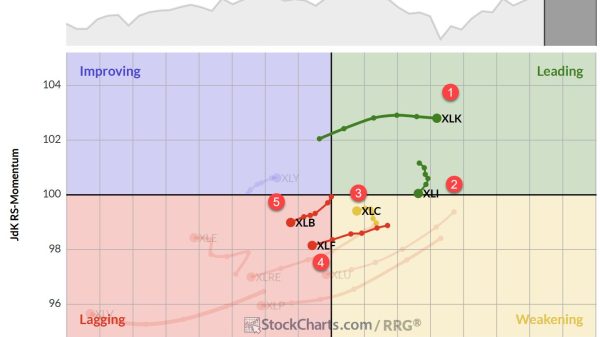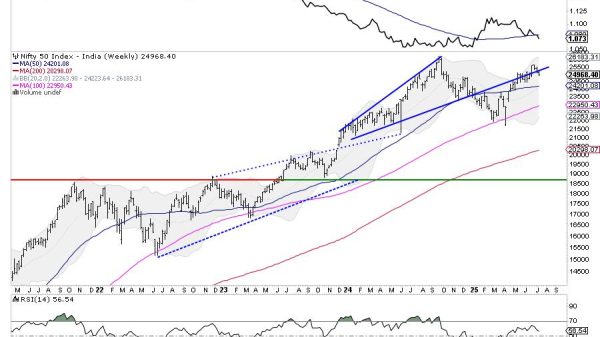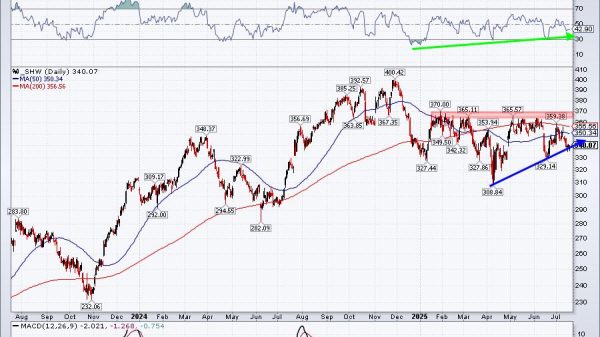The Mexican automotive market is undergoing a significant transformation as Chinese car manufacturers gain a foothold, disrupting the dominance of long-standing luxury brands like Mercedes-Benz and BMW, as per an AFP report.
Traditionally, Mexico’s high-end car market leaned heavily on European and American manufacturers, but changing consumer preferences, price sensitivity, and improved quality are paving the way for Chinese vehicles.
The data highlights a clear trend: while luxury brands report declining sales, Chinese automakers are steadily increasing their market share, reshaping the competitive landscape in Latin America’s second-largest economy.
Rising demand for Chinese vehicles
Sales data from the Mexican Association of Automotive Distributors (AMDA) indicates an 8.1% drop in the high-end segment between January and November.
Mercedes-Benz and Audi saw declines of 9.8% and 21.9%, respectively, while BMW, which includes Mini, recorded no growth.
Conversely, Chinese brands experienced robust sales growth during the same period.
Motornation, representing BAIC, JMC, and Changan, saw an 8.8% increase, and Jetour recorded a staggering 131% jump.
Currently, Chinese automakers hold a 9.3% share of the Mexican market, thanks to competitive pricing and features rivaling traditional premium brands.
Their SUVs and pickup trucks, equipped with high-end technology, cater to a growing demand for utility vehicles over sedans.
Reasons behind the success of Chinese cars
An exemption from import tariffs on electric vehicles, in place until October 2024, provided an additional advantage to Chinese automakers.
With this, brands like BYD and Zeekr could offer competitive options across various price ranges.
For instance, BYD sells an electric pickup truck for approximately $50,000, while offering compact cars for $17,000.
Zeekr competes in the premium electric market with models priced around $40,000.
Mexican consumers, increasingly accustomed to Chinese brands, cite value for money as a key factor in their purchase decisions.
Chinese vehicles deliver comfort and advanced technology, such as steering assist, at a significantly lower price point than their European counterparts.
For example, a Chinese SUV priced at 550,000 pesos (around $27,000) offers similar features to a European equivalent costing $40,000 to $50,000.
Political tensions and trade implications
The surge in Chinese car imports into Mexico has not gone unnoticed on the geopolitical stage.
Both the US and Canada have voiced concerns, suggesting Mexico could serve as a backdoor for Chinese products into the region under the United States-Mexico-Canada Agreement (USMCA).
US President-elect Donald Trump previously accused China of using Mexico as a base to access the US market, while Canadian officials raised similar suspicions.
Mexican officials, however, deny these claims.
President Claudia Sheinbaum emphasised that only 7% of the components in vehicles produced in Mexico are Chinese.
She also proposed a regional Chinese import substitution strategy to address the country’s $80 billion trade deficit with China.
Despite these political challenges, the rapid growth of Chinese carmakers in Mexico underscores a shifting automotive landscape.
With competitive pricing, technological advancements, and diversified offerings, Chinese brands are set to play a larger role in shaping consumer preferences and disrupting traditional luxury markets.
The post Affordable Chinese cars disrupt BMW and Mercedes sales in Mexico appeared first on Invezz
























